
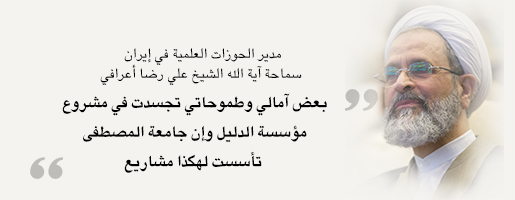
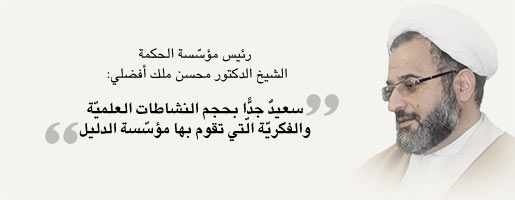

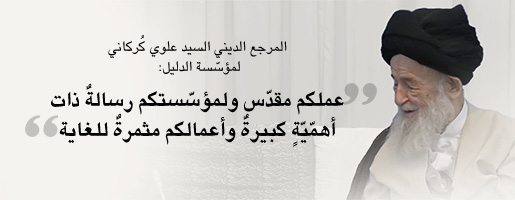
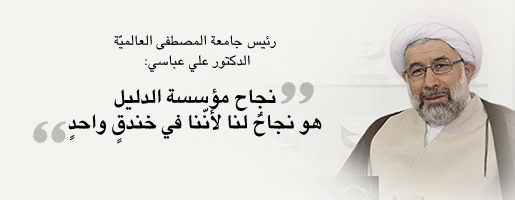

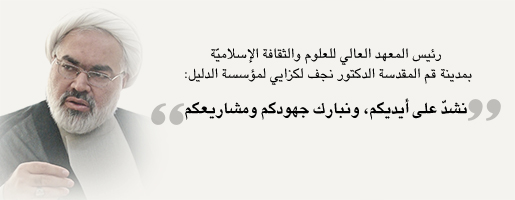

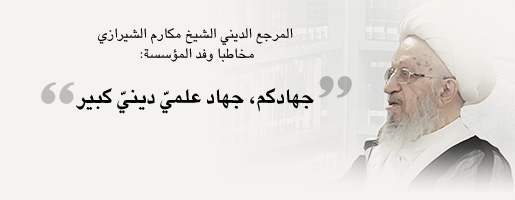

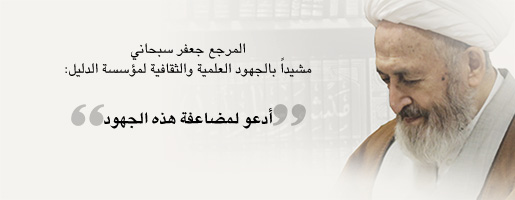
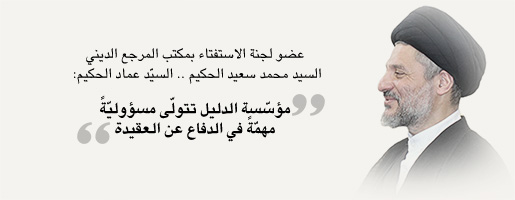

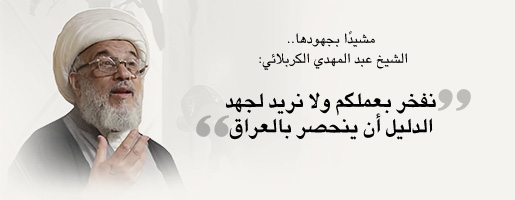
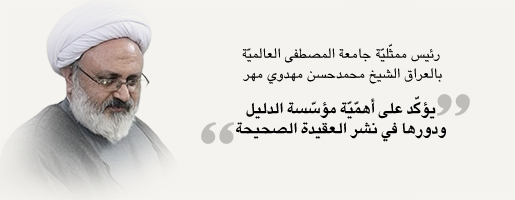


Mohsen Mohaqqiq
Abstract
The article talks about imitation (taqlid) in religious beliefs: must the beliefs, which man adopts, be based on the basis of reasoning and inference, or that imitation is permissible in these beliefs? Is it necessary to have certainty in religious beliefs, or conjecture is sufficient? If assuming that certainty is necessary, then, what is meant by certainty? Is it the dogmatic belief that conforms to reality, or every dogmatic thing, whether it conforms to reality or not? Is there a correlation between the opinion that sees the permissibility of imitation in beliefs and the other which sees that conjecture is sufficient (concerning beliefs)? In this study, we discuss the limits of this topic whether or not it covers everything related to beliefs. And through the topics discussed in the study, it can be concluded that the essential point is the necessity of searching for religious beliefs and getting to certainty from certain evidence. However, if ordinary people put aside the getting to certainty from certain evidence --even though they are required to get to it-- due to their lack of understanding, it would be sufficient for them to be considered faithful when they feel certain of the true beliefs that they obtain through imitation (taqlid) or simple innate evidence.
